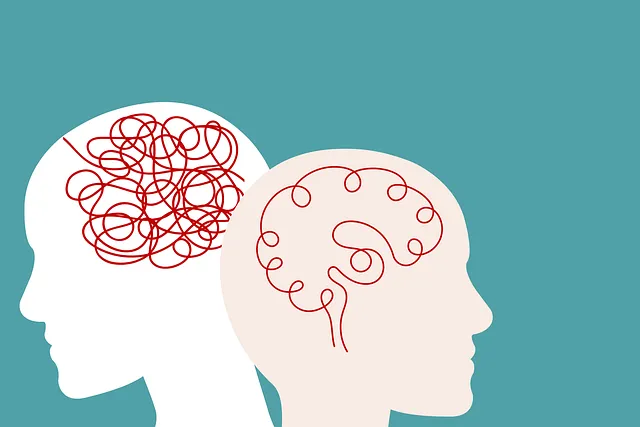The Denver Kaiser Permanente mental health appointment center prioritizes coping skills development as a foundation for mental well-being, offering tailored tools from CBT and mindfulness practices. They focus on mood management and emotional regulation, empowering individuals to challenge negative thought patterns and cultivate resilience. Through self-care rituals integrated into daily routines, patients gain practical skills to manage stress, anxiety, and trauma, ultimately enhancing mental health and living fulfilling lives. The center advocates for evidence-based practices through research and community engagement, ensuring accessibility to all.
In today’s fast-paced world, effective coping skills are essential for maintaining mental well-being. This article explores the foundational role of coping skills in enhancing overall mental health, drawing insights from Denver Kaiser Permanente’s innovative approach to teaching and cultivating these strategies. We delve into practical tools and techniques that can be integrated into daily life, fostering resilience and empowering individuals to navigate challenges with greater ease. Discover how Denver Kaiser Permanente’s mental health appointment center revolutionizes care through evidence-based coping skills development.
- Understanding Coping Skills: A Foundation for Mental Well-being
- Denver Kaiser Permanente's Approach to Teaching and Enhancing Coping Strategies
- Practical Tools for Daily Life: Cultivating Resilience Through Coping Skills Development
Understanding Coping Skills: A Foundation for Mental Well-being

Understanding coping skills is a foundational step towards achieving and maintaining mental well-being, especially in today’s fast-paced world where stress and challenges are prevalent. At Denver Kaiser Permanente Mental Health Appointment Center, we recognize that equipping individuals with effective coping strategies is essential for navigating life’s complexities. By fostering a deeper understanding of one’s emotional responses, our center empowers patients to develop resilient coping skills that transcend various situations, be it managing stress from work or overcoming personal traumas.
These skills are particularly crucial in countering the detrimental effects of mental illness stigma reduction efforts. When individuals possess robust coping mechanisms, they can better manage symptoms, enhance their overall mental health, and lead more fulfilling lives. Moreover, self-care practices, integrated into one’s daily routine, become powerful tools for trauma support services, enabling individuals to process and heal from past experiences while cultivating a sense of inner strength and resilience.
Denver Kaiser Permanente's Approach to Teaching and Enhancing Coping Strategies

Denver Kaiser Permanente’s mental health appointment center takes a holistic approach to coping skills development. They recognize that effective coping strategies are essential for maintaining good mental health and overall well-being. Therefore, during each session, they focus on teaching practical tools tailored to individual needs, encompassing both mood management and emotional regulation.
The center’s experienced professionals integrate various techniques from cognitive behavioral therapy (CBT), mindfulness practices, and self-care rituals into their programs. By fostering a supportive environment, individuals learn to identify and challenge negative thought patterns while developing healthy coping mechanisms. Moreover, the center emphasizes the importance of self-care practices, encouraging clients to prioritize their physical and emotional needs as integral parts of managing stress and anxiety effectively.
Practical Tools for Daily Life: Cultivating Resilience Through Coping Skills Development

In our fast-paced world, cultivating resilience is essential for maintaining mental wellness. Denver Kaiser Permanente’s mental health appointment center offers valuable resources and practical tools to help individuals develop coping skills that can navigate life’s challenges. Through regular sessions with mental health professionals, individuals learn effective strategies such as mindfulness exercises, stress management techniques, and emotional regulation practices. These self-awareness exercises not only enhance overall mental health but also empower people to make informed decisions regarding their well-being.
By integrating these coping skills into daily routines, individuals can better manage anxiety, depression, and other mental health concerns. The Mental Health Policy Analysis and Advocacy group at Kaiser Permanente plays a crucial role in promoting these initiatives, ensuring that evidence-based practices are accessible to all. Through ongoing research and community engagement, they contribute to shaping policies that support mental wellness, making it easier for folks to access the care they need.
Coping skills development, as demonstrated by Denver Kaiser Permanente’s innovative approach through their mental health appointment center, is an essential tool for enhancing mental well-being. By understanding and cultivating practical coping strategies, individuals can navigate life’s challenges with increased resilience. These skills not only help manage stress but also promote a sense of control and overall emotional balance. With the right tools, anyone can transform their ability to cope, leading to improved mental health and a more fulfilling life.






